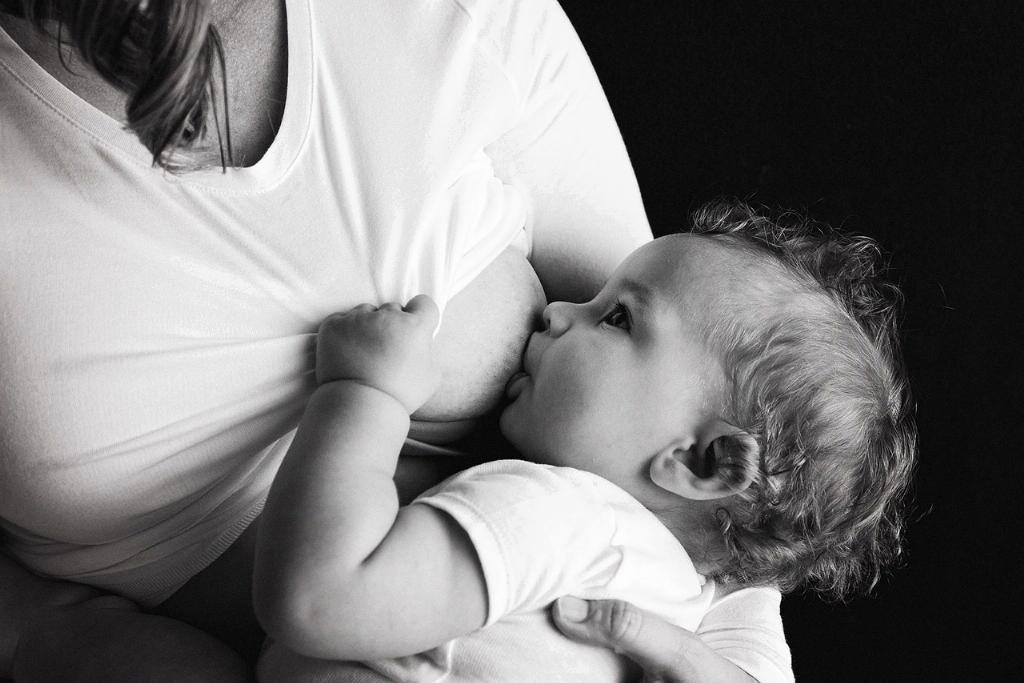When faced with the unsettling situation of your baby ingesting blood from your nipple while breastfeeding, it’s vital to remain calm and gather the facts to address the issue effectively.
Causes of Blood in Breast Milk
There are several reasons why blood may be present in your breast milk, such as cracked or bleeding nipples, a ruptured blood vessel in the breast, or a benign growth called a papilloma. However, most cases are not harmful to your baby.
Is It Safe for Your Baby?
Despite the shock of seeing blood in your milk, rest assured that it is generally safe for your baby to consume. The small amount of blood will not harm them, as their stomach acid will break down any blood cells ingested during breastfeeding.
What to Do If Your Baby Consumes Blood
If your baby inadvertently drinks blood from your nipple, there is no need to panic. Monitor them for any unusual symptoms, but in most cases, no specific action is required.
Seeking Medical Advice
If you notice persistent bleeding or have concerns about your baby’s health after consuming blood, it is advisable to consult your healthcare provider promptly for further guidance and reassurance.
Preventing Blood in Breast Milk
To minimize the risk of your baby drinking blood from your nipple, ensure proper latching during breastfeeding, address any breastfeeding complications promptly, and practice good nipple care to prevent cracks and injuries.
Addressing Nipple Trauma
If you experience bleeding nipples, it is crucial to identify the cause and take steps to promote healing, such as using lanolin cream, adjusting breastfeeding positions, or seeking support from a lactation consultant.
Monitoring Your Baby’s Health
While the presence of blood in breast milk may be concerning, remember that your baby’s digestive system is equipped to handle small amounts with no adverse effects. Keep a close eye on your baby’s well-being and trust their resilience.
Emotional Impact on the Mother
Experiencing your baby drinking blood from your nipple can be emotionally challenging for mothers. It is essential to seek support from loved ones, healthcare providers, or online communities to process your feelings and receive encouragement.
Supporting Breastfeeding Continuation
Despite temporary setbacks like blood in breast milk, sustaining breastfeeding is beneficial for both you and your baby. Stay informed, follow proper nursing practices, and reach out for assistance when needed to maintain a positive breastfeeding experience.
Conclusion
In conclusion, while the sight of blood in breast milk may be alarming, it is usually harmless for your baby. By understanding the causes, taking necessary precautions, and seeking medical advice if needed, you can confidently navigate this situation and continue providing nurturing care to your little one.

